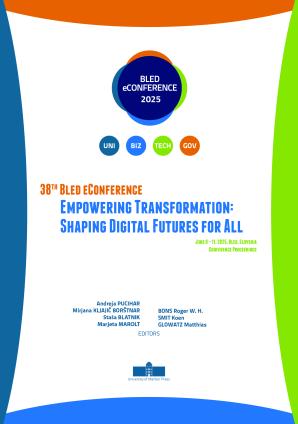Framing Knowledge: Enhancing Communication Strategies in the Dutch Second-hand Clothing Industry
Kratka vsebina
The increasing growth of clothing consumption substantially impacts the environment. Although consumers may be aware of this impact, the 'green gap' between their environmental intentions and their actual purchase behaviour is notable. This study explores the effects of different types of environmental knowledge (land- and water-use and CO2 emissions) and different types of framing (positive and negative) on Dutch second-hand clothing consumption behaviour. Through an experiment with six groups, anticipated shame and pride were measured in hypothetical situations. Results indicate that positive framing has more effect on second-hand clothing consumption behaviour than negative framing, while effects between different types of knowledge were minimal. Open questions showed that, positive, memorable, communication strategies, with sufficient background information, might help in bridging the green gap in clothing consumption. These insights may help policymakers and stakeholders to enhance the effectiveness of their communication strategies, thereby increasing second-hand clothing consumption.







